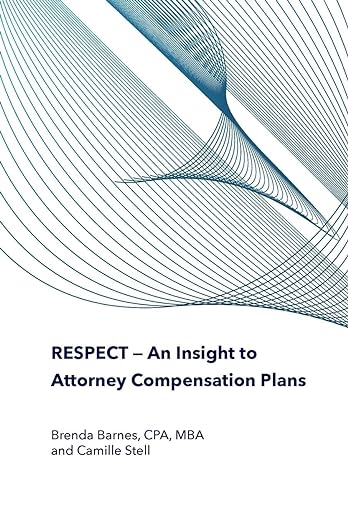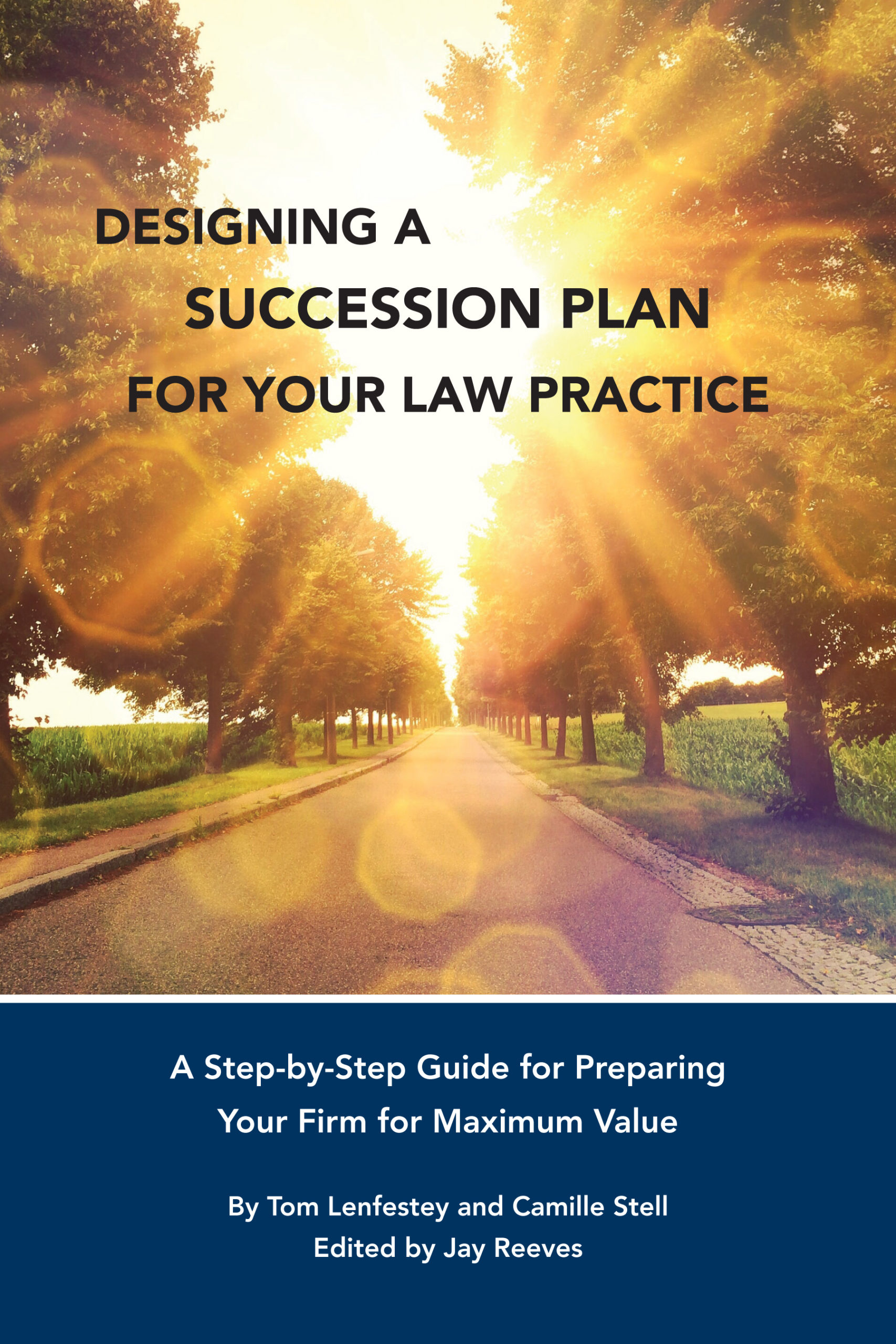
By Camille Stell
There are 1.3 million lawyers in the United States, and 30,000 of them live in North Carolina.
Nationwide, there are approximately four lawyers for every 1,000 residents, but the number doesn’t reflect the reality. Most lawyers work in urban areas, but many rural areas of the country have few or no lawyers.
Overall, 40% of all counties and county-equivalents in the United States have less than one lawyer per 1,000 residents.
Legal experts call these legal deserts. The lawyers living in those areas know these circumstances make succession planning a challenge.
According to the 2020 ABA Profile of the Legal Profession, in North Carolina, we have 2.3 lawyers per 1,000 residents. Our lawyers are clustered in the Research Triangle, Mecklenburg County, the Triad, and Wilmington. We have ten counties with single-digit number of lawyers.
Succession Planning Reveals Need in NC
I work with lawyers inside and outside of North Carolina on succession planning. This morning, a lawyer in rural North Carolina told me his law firm was one of two in a 40-mile radius. He and his partner are in their early to mid-70s, as are the other lawyers in the county. His law firm has not received an unsolicited resume from a lawyer in more than 10 years. He serves on his judicial district committee to conduct lawyer fitness interviews and no one in their judicial district has taken the bar exam in the past three years.
Project Rural Practice
South Dakota was one of the first states to tackle the problem of legal deserts in 2012. Project Rural Practice combines funding from the state, rural counties, and local bars to support young lawyers in small towns and farm counties. The results are “legal oases,” said Patrick Goetzinger, former president of the South Dakota State Bar who helped create the program.
According to a South Dakota Law Review 2014 study, 20% of the country’s residents live in rural areas, but only 2% of attorneys practice in rural areas or small towns. Rural lawyers are typically older; a New York state survey of 900 rural lawyers found that 74% were 45 or older and more than 46% said they planned to retire within 10 years.
What Does This Mean for Citizens Who Need Help?
According to the Clio Legal Trends Report, and many other surveys reporting on law, solo and small firm lawyers face a challenging environment:
- the cost of traditional legal services is going up
- access to legal services is going down
- the growth rate of law firms is flat
- lawyers serving ordinary people are struggling to earn a living
Most experts do not expect to see an improvement in these legal deserts in the next decade.
What Can You Do?
There are challenges to succession planning in small towns. There is a lack of lawyers returning to their home counties to practice, fewer opportunities for working spouses of lawyers who would otherwise return home, high debt load for graduating law students makes it difficult to get by on the small salaries often available in rural communities.
But challenges don’t mean impossibilities. Challenges mean that you need to plan earlier than expected. It will likely take years to find a successor rather than 12-18 months.
Build a pipeline of potential candidates by encouraging rising stars in your community to pursue a career in law and encourage them to return home by offering summer jobs to high school and college kids, and internships for law students.
Build strong relationships with North Carolina law school Career Services Departments to find those students who are looking for opportunities other than BigLaw.
Take advantage of the ease of remote working to hire lawyers who live in surrounding communities but could commute to your office when necessary. Lawyers in metro areas commute an hour or two a day to travel 20 miles. In a rural community, they may be able to travel less time even though the distance is further.
Limited Access to Justice
“Nearly every state in the nation has large stretches of rural areas and counties with few lawyers in them – or no lawyers at all,” ABA President Judy Perry Martinez said. “In fact, rural residents are disproportionately poor, and many are forced to travel long distances to find lawyers to handle routine matters that affect their everyday lives, such as wills, divorces and minor criminal and civil cases.”
The NC Equal Access to Justice Commission and the Equal Justice Alliance partnered with UNC Greensboro’s Center for Housing and Community Studies to conduct the first comprehensive civil legal needs assessment of our state in almost 20 years. Results show:
- More than 2 million low-income North Carolinians were eligible for the services of legal aid providers in 2018
- There is 1 legal aid attorney for every 8,000 North Carolinians eligible for legal services
- 71% of low-income families will experience at least one civil legal problem in a given year
- 86% of these legal needs go unmet because of limited resources for civil legal aid providers
Succession planning is not a silver bullet that will resolve legal deserts, but planning in advance will help you continue to provide a much needed service in your community even when you are ready to slow down and eventually retire.
About The Author
Camille Stell

Camille Stell is the President of Lawyers Mutual Consulting & Services and the co-author of Designing A Succession Plan for Your Law Practice: A Step-by-Step Guide for Preparing and Packaging Your Firm for Maximum Value. Continue this conversation by contacting Camille at camille@lawyersmutualconsulting.com or 800.662.8843.



